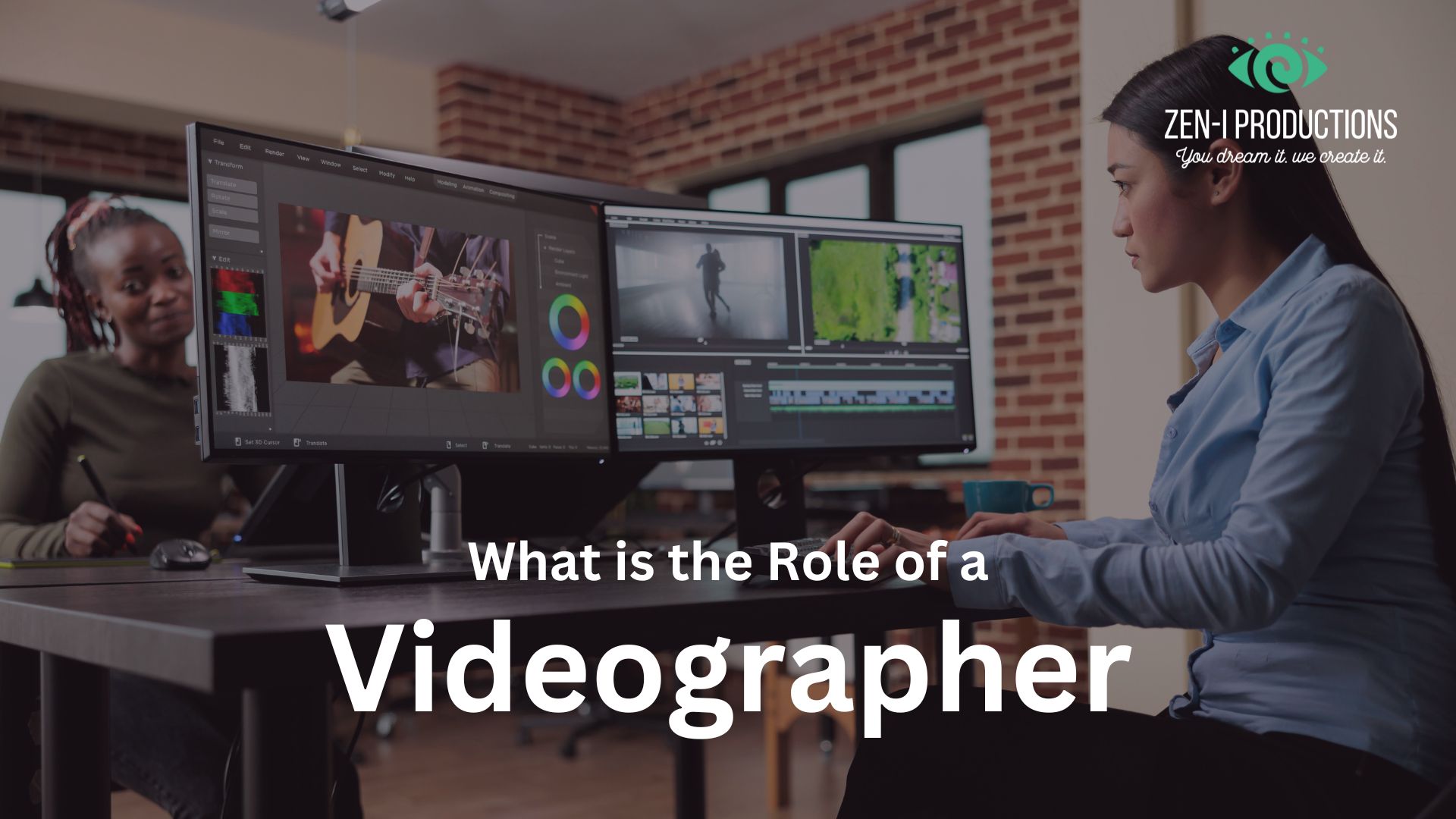
What is The Role of a Videographer?
What is The Role of a Videographer?
A videographer is a professional who specializes in capturing video footage. They are responsible for much more than just pressing the record button – videographers must have a deep understanding of composition, lighting, and audio capture techniques to create quality videos that meet the needs of their clients.
Everything from pre-production planning to editing and post-production work is included. Videographers may also be involved in filmmaking, such as directing and producing. Ultimately, Videographers create visual stories that bring ideas to life and engage an audience. Videography requires patience, creativity, technical proficiency, and an eye for detail.
A good videographer will know how to get the most out of limited resources while staying organized throughout every stage of the production process. They should also have a firm grasp of the latest video technology to ensure that the footage captured is of the highest quality.
With proper training, experience, and skill, a videographer can create professional-grade videos for any purpose imaginable. From websites and social media platforms to documentaries and feature films, their expertise will help bring ideas to life on screen.
A videographer is an incredibly important piece of any successful video project – from start to finish. They are responsible for creating visuals that capture viewers’ attention and tell compelling stories through engaging visual content.
Ultimately, videographers provide clients with high-quality videos that meet their expectations and exceed them in every way possible. Hiring an experienced and skilled videographer is a great way to ensure the success of any video project.
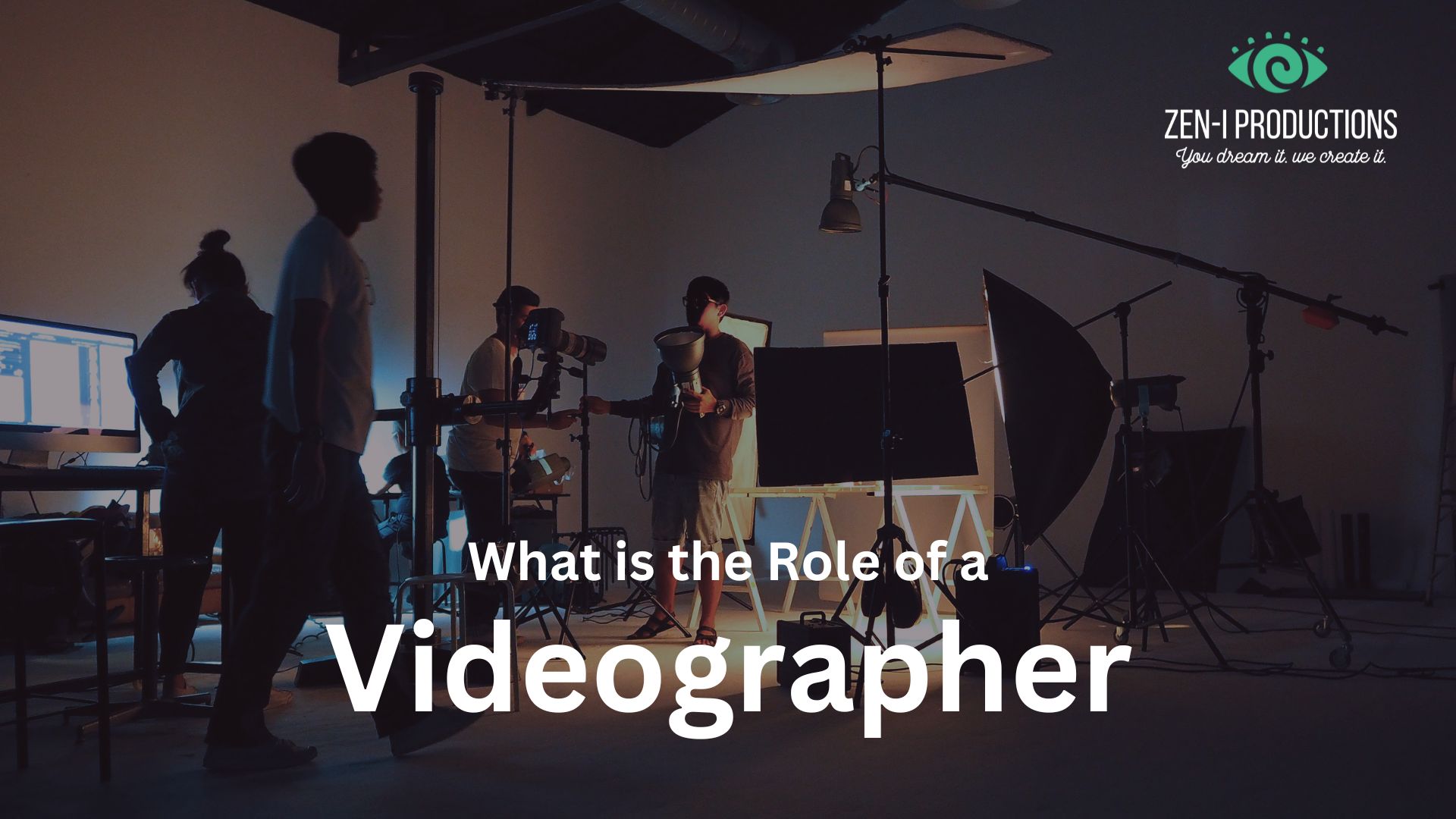
Education Needed
A videographer is a highly skilled professional responsible for producing video and film content. Videographers typically work closely with directors, producers, editors, and other creative professionals to create everything from corporate videos to music videos and feature films.
To become a successful videographer, you will need specialized education in cinematography, filmmaking, audio editing, digital media production, and more. Depending on the complexity required for your project, you may also need training in camera operations, lighting design, or post-production techniques.
Many employers also require experience shooting different types of video and film genres. By understanding the latest industry trends and technologies, you can ensure that your projects meet their highest standards. You can become a successful videographer with the proper education and skill set.
In conclusion, to become a videographer, you will need specialized education in cinematography, filmmaking, audio editing, digital media production, and more. Many employers also require experience shooting different types of video and film genres. You can become a successful videographer with the proper education and skill set.
Audio Editing
The role of a videographer is to capture and record video footage for projects such as films, television shows, commercials, music videos, documentaries, corporate videos, and more. As part of this role, they often need audio editing software to ensure the sound quality is high and clear.
Audio editing involves synchronizing audio with other elements in the project, such as video clips or graphics, adjusting levels and EQ settings to balance all the audio sounds, and creating sound effects or music for specific scenes.
The finished product should be a polished piece of media that sounds professional and has an enjoyable listening experience. Audio editing can be complex but can significantly enhance video production. Professional videographers rely heavily on audio editing skills to make sure their projects sound great.
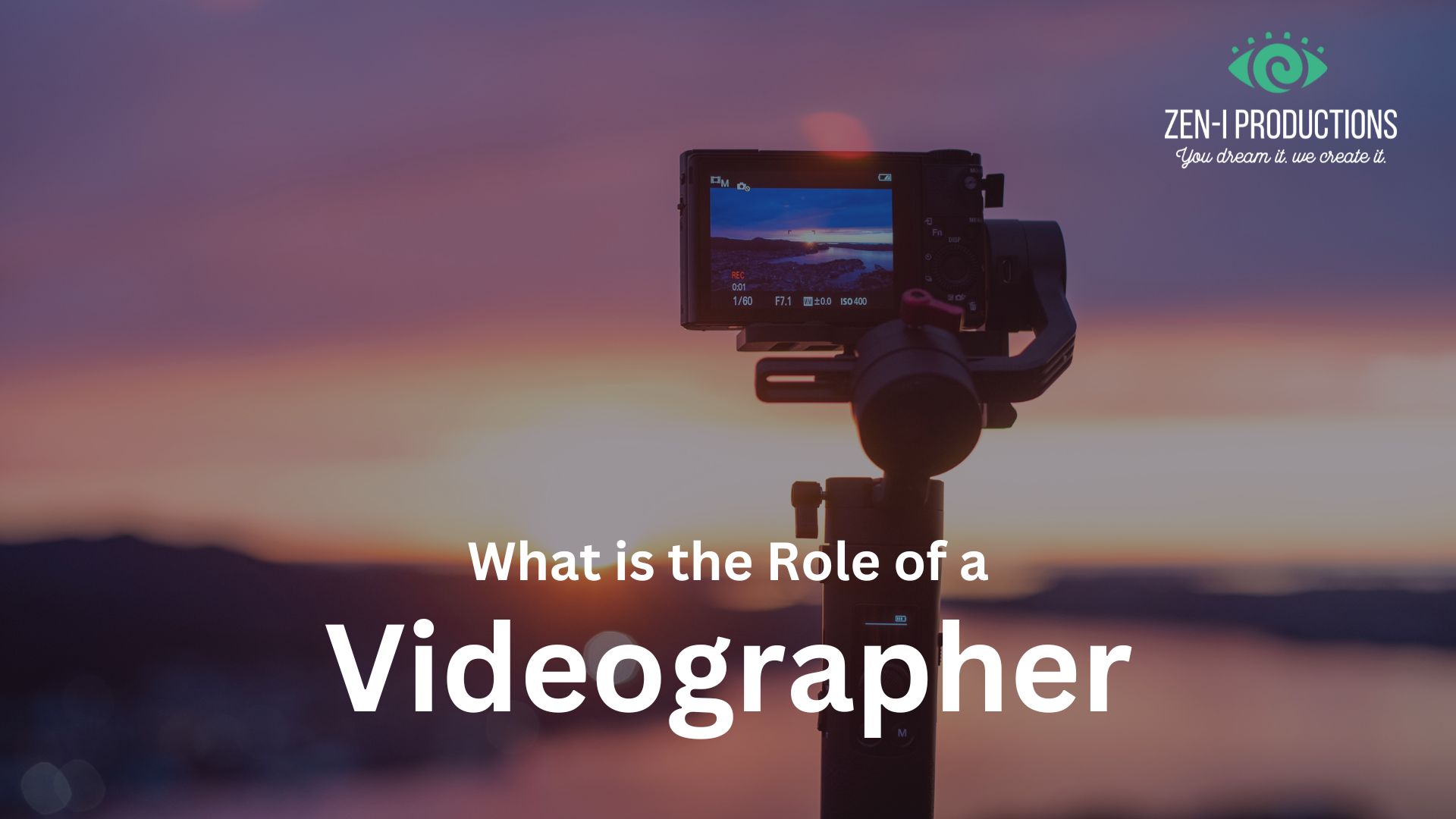
Filmmaking
Filmmaking is the process of creating motion pictures. It involves various tasks, from shooting footage and editing to producing and post-production. Videographers are responsible for capturing visuals that will be used to create the film.
Filmmakers use cameras to capture raw footage, which needs to be edited and arranged into a story that conveys the message intended by the filmmaker. Videographers may also work with actors, set designers, directors, and other crew members to ensure that everything comes together effectively.
Filmmaking must ensure that all elements are properly captured to be combined to create an aesthetically pleasing final product. A videographer’s job requires creativity, technical knowledge, and excellent communication skills to produce their work effectively. By using their skill and expertise to create compelling visuals, videographers are essential to the filmmaking process.
As technology continues to advance in the world of filmmaking, videography is becoming an increasingly important job. By creating engaging footage that will form the basis of a film, videographers have the power to affect how people feel when watching it—from inspiring emotions of joy or awe to bringing attention to social issues or causes.
With modern tools such as motion graphics and special effects, videographers can bring stories alive like never before. The role of a videographer is integral not only for conveying messages through visual storytelling but also for allowing viewers from all over the world to connect with stories on a much deeper level.
Whether it’s creating a feature-length movie or a short promotional video, the role of a videographer is essential for producing quality films that engage and captivate an audience. From shooting footage to utilizing special effects, videographers can turn ideas into works of art. Through their craftsmanship and creative vision, they can bring stories to life in an unforgettable way.
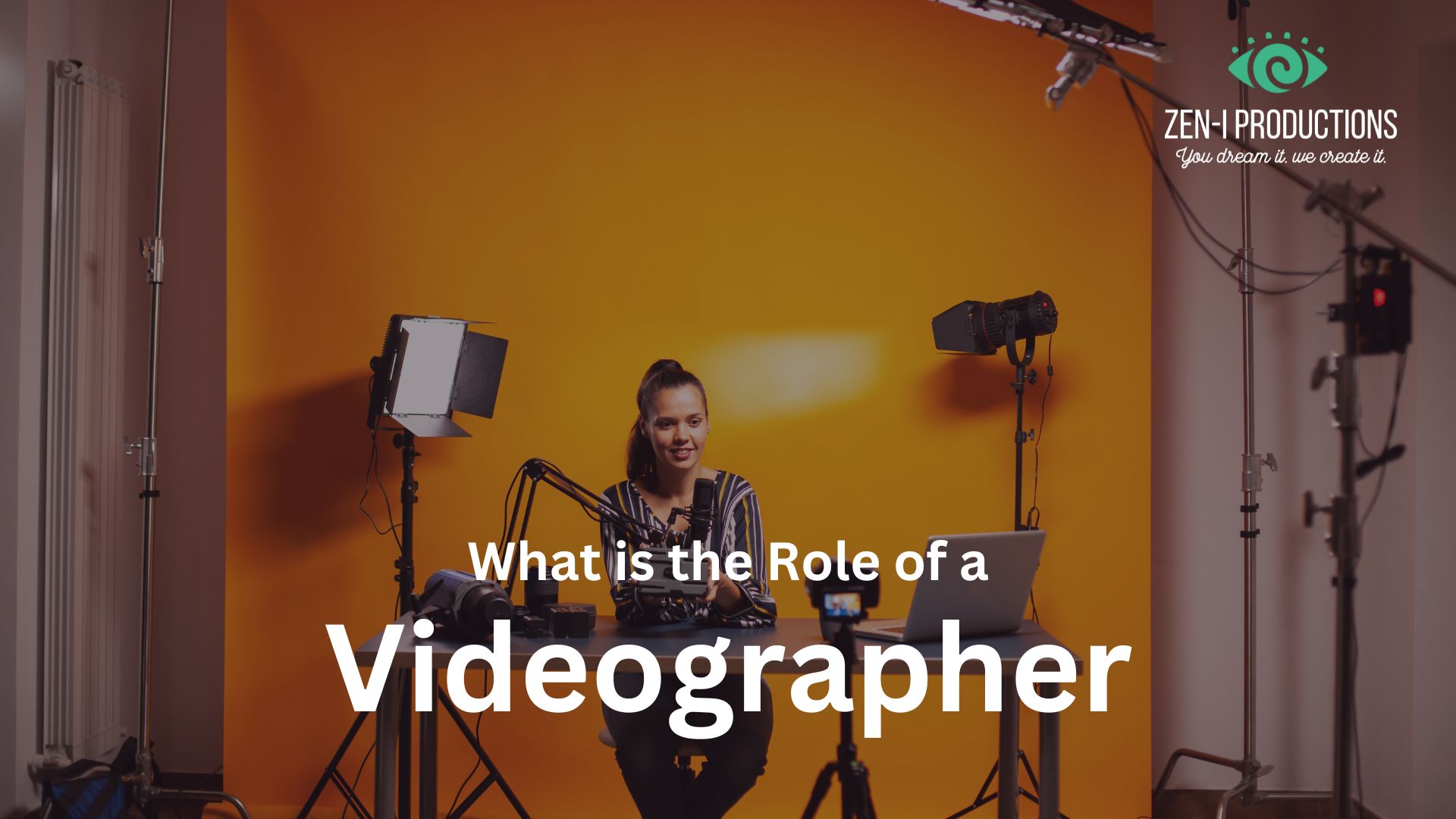
Where do videographers work?
The role of a videographer is to capture and record video content for clients. This could include commercials, promotional videos, documentaries, live events, corporate films, and more. Videographers may also be responsible for editing the raw footage into a final product that meets the client’s needs.
Videographers may coordinate with other team members such as directors, producers, and production crew to ensure the successful completion of projects. In some cases, they may take on additional roles, such as lighting director or sound designer, to create the desired effect in their work. Ultimately the goal is to create compelling visual stories that evoke emotion and draw audiences into the story.
Videographers may find employment in various industries, from media companies and advertising agencies to corporate settings and wedding photography businesses. Additionally, freelance opportunities are often available for those seeking a career in video production. With the help of technology, videographers can now work from anywhere in the world, allowing them more flexibility when finding employment.
Whether you’re creating a promotional video or telling an emotional story through documentary filmmaking, your skills as a videographer will be integral to bringing the project to life. If you have an eye for creating engaging visuals and a passion for storytelling through video content, consider becoming a videographer! There’s plenty of opportunity out there waiting for you.
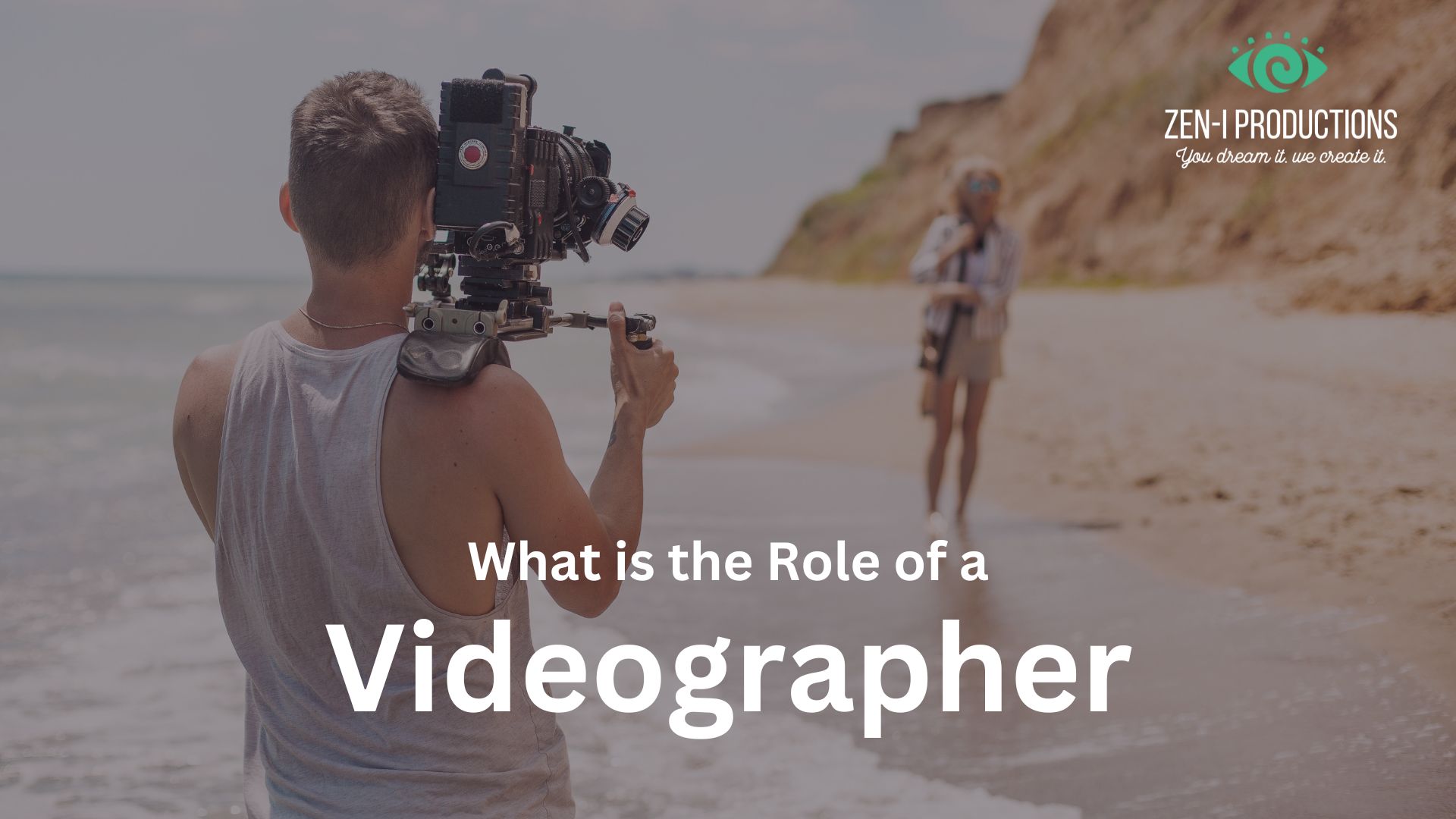
Different types of Videos
A videographer is responsible for creating, capturing, and editing videos. There are a variety of different types of videos that a videographer can create. These include corporate and promotional videos, documentaries, wedding and event films, music videos, educational and training videos, live-streaming events, advertising campaigns, and more.
Videographers must be well-versed in the latest video production techniques to ensure that they create professional-looking visuals. Videographers must also have excellent communication skills to collaborate effectively with other team members. With the right combination of creativity and technical expertise, a skilled videographer can produce stunning results that engage viewers and communicate powerful messages through visual storytelling.
Additionally, many videographers specialize in aerial videography, stop-motion animation, and virtual reality. This allows them to become experts in their field and provide a unique service to their clients.
No matter what type of video is created, the end goal of a professional videographer is to create something that evokes an emotional response from viewers and encourages them to take action. Any videographer can produce stunning results that captivate audiences by understanding different types of videos and mastering the art of storytelling through visuals.
The role of a videographer is ever-evolving, and new technologies are constantly emerging to help bring compelling visuals to life. As the demand for video continues to grow, so does the need for talented professionals who can effectively create high-quality content that engages viewers and communicates powerful messages.
With the right combination of creativity and technical expertise, any videographer can create visually stunning works that capture people’s attention and evoke strong emotions.
No matter the type of video being created, the goal of a professional videographer is always to create something that evokes an emotional response from viewers and encourages them to take action.
Any videographer can produce stunning results that captivate audiences by understanding different types of videos and mastering the art of storytelling through visuals. With the right tools and techniques, today’s videographers have limitless potential to create compelling visual stories.

